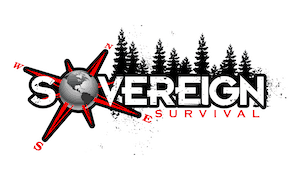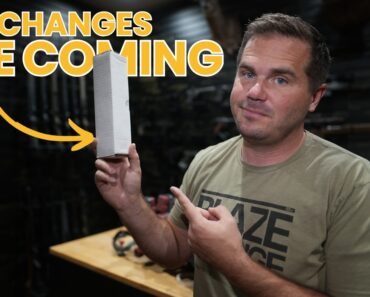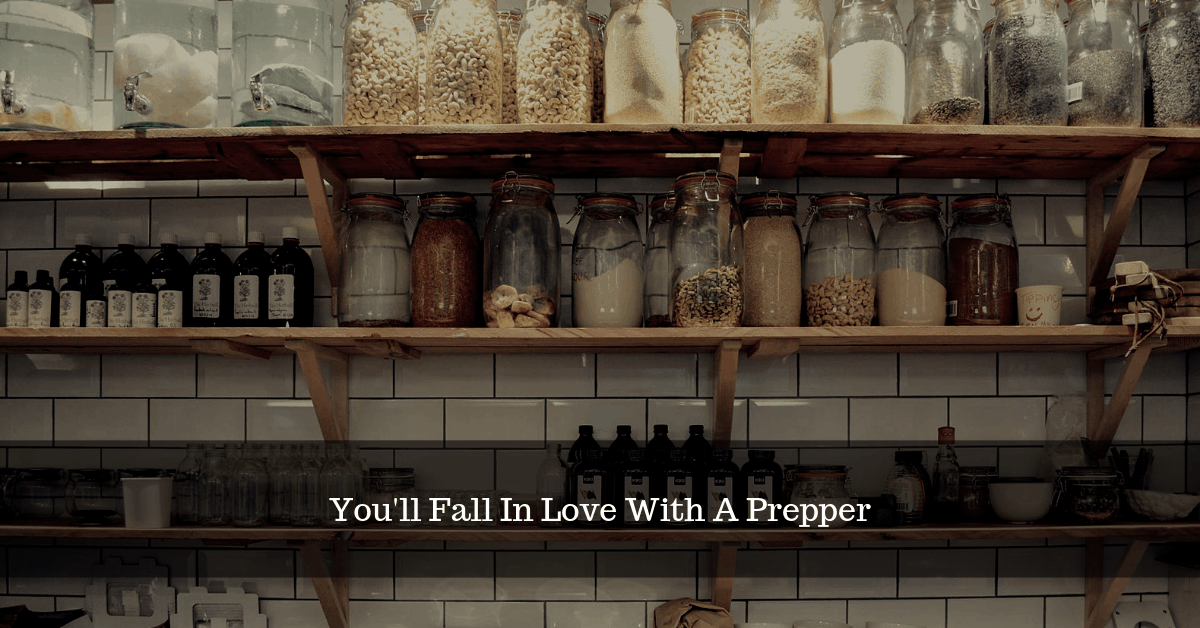As winter storms increasingly ravage regions worldwide, particularly the East Coast of North America, the need for reliable alternative heating solutions becomes paramount. For preppers, ensuring you have a backup plan to stay warm during grid failures or fuel shortages is not just a convenience—it’s a survival necessity. Let’s explore the critical options for keeping your family safe and warm when the temperatures plummet.
The Importance of Off-Grid Heating
Winter storms can knock out power grids for days or even weeks. In such scenarios, staying warm is a top priority. While many of us rely on central heating systems, these are useless when the grid goes down. This is why preppers must look at alternative heating options that don’t depend on electricity. Not only do these options ensure survival, but they also provide peace of mind knowing that you’re prepared for any eventuality. With extreme weather events on the rise, having a reliable off-grid heating solution is no longer optional—it’s essential.
Exploring Winter Heating Options
When it comes to off-grid heating, several solutions stand out. Each has its pros and cons, and the right choice will depend on your resources, location, and level of preparedness.
- Wood Stoves: One of the most traditional and effective heating solutions is a wood stove. These require a steady supply of firewood and proper ventilation but are highly reliable. They provide not only heat but also the ability to cook food in a grid-down situation. The downside? They’re labor-intensive and require regular maintenance to keep your chimney safe and clean.
- Passive Solar Heating: If you’ve invested in passive solar solutions like greenhouses, you can harness the power of the sun to generate heat. This method works best in areas with consistent sunlight, even during winter months. While sustainable and eco-friendly, this option may not suffice in harsh winters or overcast conditions.
- Geothermal Heating: Advanced systems like geothermal heating are an excellent option if you have the resources to install one. By using the Earth’s consistent underground temperatures, these systems can provide heat without relying on external fuel. However, the high installation costs make this a long-term solution rather than a quick fix for emergencies.
The Case for Propane Heaters
For preppers looking for a practical, long-lasting, and relatively easy-to-use solution, propane heaters stand out as a top choice. Propane is a dense fuel that stores well over long periods without degrading, unlike gasoline or diesel. This makes it ideal for those who prefer a “set it and forget it” solution.
Benefits of Propane Heaters: Portability: These heaters are compact and easy to move, making them suitable for different areas of your home or bug-out location. Safety: Modern propane heaters come equipped with safety features, such as automatic shut-off if they tip over or detect low oxygen levels. Versatility: Propane heaters can be used in a variety of settings, from homes to garages to outdoor survival shelters.
Legal Considerations and Safety Precautions
While propane heaters are an excellent option, it’s important to be aware of the legal and safety implications. Regulations regarding their use differ significantly between countries.
In Canada, using propane heaters indoors is prohibited due to the risk of carbon monoxide poisoning. This restriction highlights the importance of proper ventilation and carbon monoxide detectors when using any combustion-based heating method. In the USA, many propane heaters are certified for indoor use, though it’s still crucial to follow the manufacturer’s guidelines and prioritize safety.
Carbon monoxide is a silent killer. As a byproduct of burning propane, it can quickly build up in enclosed spaces. Always ensure proper ventilation and invest in a high-quality carbon monoxide detector to keep your family safe.
Preparing for the Worst: A Prepper’s Checklist
Before winter storms hit, take the following steps to ensure you’re prepared: Stock Up on Fuel: Whether you’re using wood, propane, kerosene, or another fuel source, ensure you have an adequate supply stored safely. Test Your Equipment: Before an emergency strikes, test all heating equipment to ensure it’s functioning correctly. Ventilation is Key: Make sure your heating setup includes proper ventilation to prevent dangerous gas build-up. Invest in Safety Gear: Carbon monoxide detectors, fire extinguishers, and emergency blankets are must-haves for any prepper. Have a Backup Plan: No heating solution is foolproof. Have multiple layers of preparedness, such as additional blankets, warm clothing, and sleeping bags rated for extreme temperatures.
Why Preparation Matters
Winter storms are unpredictable, and the consequences of being unprepared can be severe. Having a reliable off-grid heating solution isn’t just about comfort—it’s about survival. Whether you invest in a wood stove, a passive solar setup, or a propane heater, the key is to act now.
As preppers, we know the value of staying ahead of the curve. Don’t wait until the next storm hits to think about heating options. Equip yourself and your family with the tools and knowledge needed to stay warm, safe, and resilient, no matter what winter throws your way.
By preparing today, you’re ensuring a safer, warmer tomorrow. Stay vigilant, stay prepared, and stay warm!






